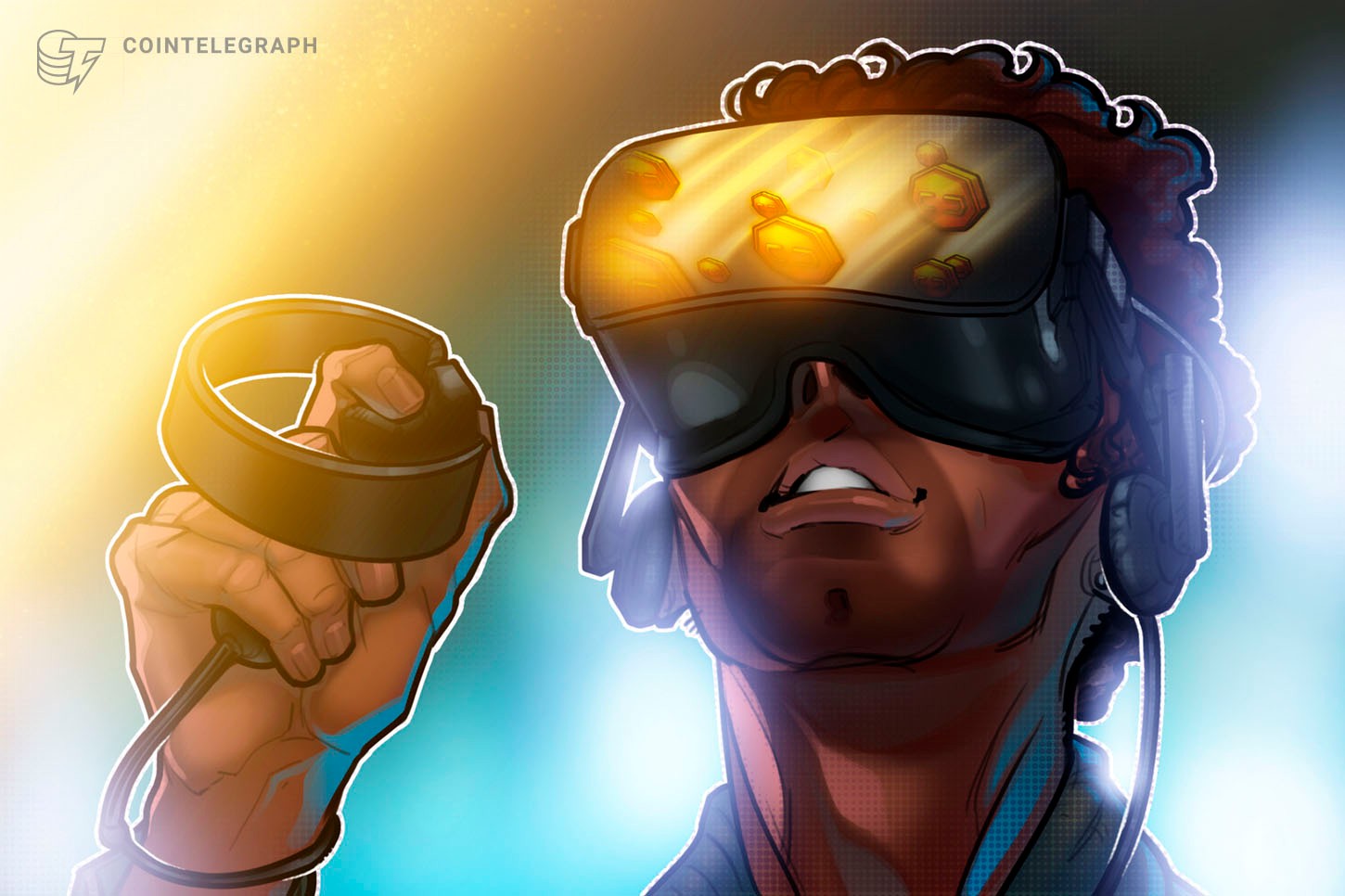Animoca Brands, the firm behind blockchain-powered games The Sandbox, F1 Delta Time, and Crazy Defense Heroes, has reported unaudited revenue for the first four months of 2020 of $7.34 million amid the COVID-19 pandemic.
The first quarter was Animoca Brands’ strongest on record with $4.33 million in revenue, followed by a record month with $3 million during April.
Animoca Brands held $6.08 million in fiat and crypto assets at the end of April. Roughly $770,000 of the company’s holdings comprised Bitcoin (BTC) and Ether (ETH), alongside $1.12 million in various altcoins.
Animoca attributed the increase in its crypto holdings to successful sales involving non-fungible tokens (NFTs) for its titles The Sandbox, F1 Delta Time, and Crazy Defense Heroes.
NFTs drive ‘property rights revolution’
Speaking to Cointelegraph, the founder of Animoca Yat Siu, recounted discovering NFTs in 2017 after acquiring a small Vancouver-based company called Fuelpowered — whose co-founder, Mik Naayem, also co-founded CryptoKitties.
Yat Siu likened the impact that NFTs will have on gaming to the introduction of property rights to feudal Europe, asserting that ownership over in-game items compensates gamers for the time and labor that they invest into playing games.
The entrepreneur also discussed the firm’s strategy of acquiring established gaming companies with loyal users and making the benefits of blockchain technology available to them. He said that mainstream blockchain adoption in a gaming context may be contingent on clever game design that conceals the complexities of blockchain technology.
“We’re not just acquiring a talented team [...] but acquiring customers that already play the game [...] We’re not acquiring them because we are just wanting them to continue to make mobile games. We have a very clear directive to ultimately move them onto the blockchain.”
COVID-19 and gaming firms
Yat Siu noted that while the coronavirus pandemic was the catalyst for a significant increase in game users in the short term, some gamers may drop-off as the world returns to normalcy,
However, Siu believes that the coronavirus lockdown has fostered a “change in behavior” among many new and ‘born-again’ gamers that will last into the longer-term — with gaming becoming a cornerstone of their entertainment-seeking rituals.


